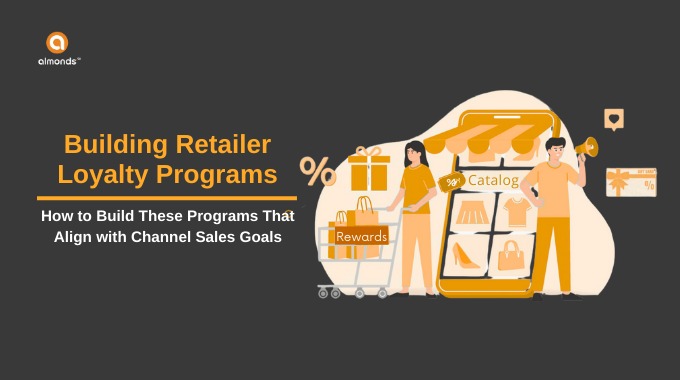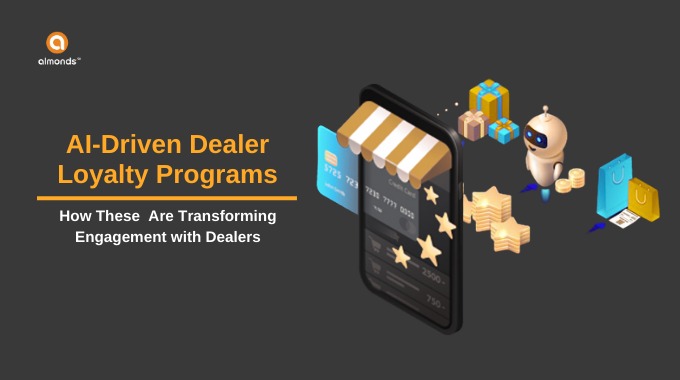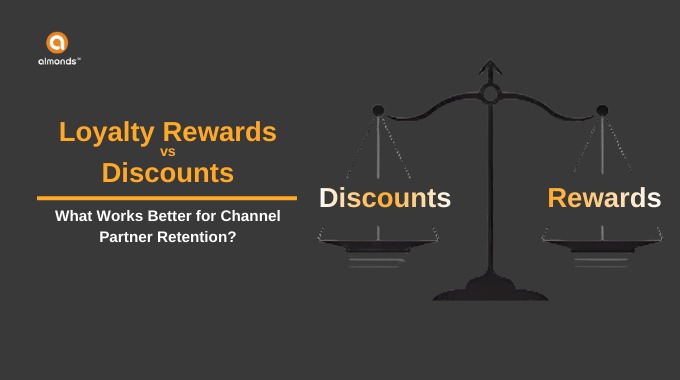How to Market a Successful Virtual Event & Conference in 2022
A lot of virtual events are happening across diverse industries. About 89% of the industries propagate their marketing message through virtual conference platforms. There is tough competition in creating compelling event marketing strategies that cut through the noise and attract the audience. Even your rivals seem to use the same marketing channels as you do. How should you market a successful virtual event for it to reach a global audience without getting caught in the digital shuffle?
Proven marketing strategies to get your virtual event a heart:
Before planning a marketing event, understand your audience and your target persona research on audience demographics, interests, and goals. This information is crucial to leverage the appropriate marketing channel and the marketing message you need to adopt. Other core marketing strategies for a successful virtual event are given here.
1. Create a stunning landing page:
The landing page of the virtual event is the focal point of the marketing campaign. The winning strategy for an effective virtual event conference will help spruce up the landing page with interesting and attractive designs. This fosters audience communication and motivates them to register for the event. The landing page should include an
- Attractive event title,
- Schedule of the event,
- Event agenda and a brief overview of the event,
- Brief event content and images,
- An interesting video to attract traffic.
2. Have a clear marketing plan:
Before creating a clear marketing plan, set a clear goal and understand your audience perfectly. Understand their expectations from the event through pre-event polls and surveys. Establish the event budget and seek help from sponsors if required. Build a marketing team to help with marketing, technical support, and event coordination.
3. Market the event at the right time:
Now that you have done all the groundwork and got the event strategy and team ready, the next is to announce the event. Though you are excited and all set for the announcement, wait for the right time. Doing it too early will dilute the anticipation of the event, and doing it too late will fail to drive enough reach.
As a general rule, set up the landing page on the virtual event platform 2 weeks before the launch date. This is a safe time to fall into the audience’s radar and create event buzz.
4. Tap the benefits of email marketing and social media:
Email marketing is pivotal for successful marketing. Craft emails with a clear subject line and start mailing the existing subscribers. Include a clear call for action in the email along with the invite.
Social media is also a great place to create buzz about the event. Choose the best event platforms like Virtex to amplify the event message and to foster two-way engagement through messengers.
5. Market the event through the sponsors:
Large events have to leverage sponsors. Getting them on board is the best marketing strategy for the virtual event, and it will help them achieve their sponsorship goals. Sponsors can market the event on their website, social media wing, and other web content. And motivate the key speakers to share event information on their social profiles.
It is mandatory to keep working on the virtual event promotion strategies to maintain audience engagement levels. This throws light on the existing marketing strategies and opens venues for improving the successive events. You can try offering a secret giveaway for those who register for the event. And choose the best event platform in India like Virtex to help with real-time insights and analytics of the event. The key to a successful event is always creativity, adaptability, and being laser-focused on the audience and their interests.







